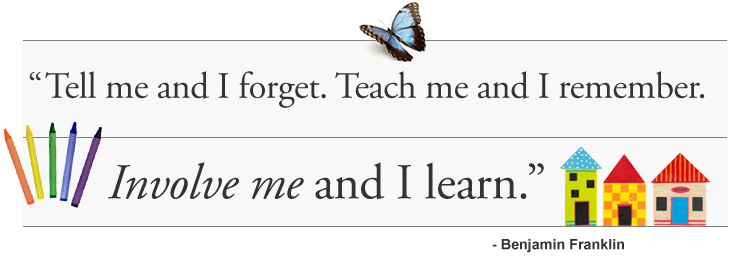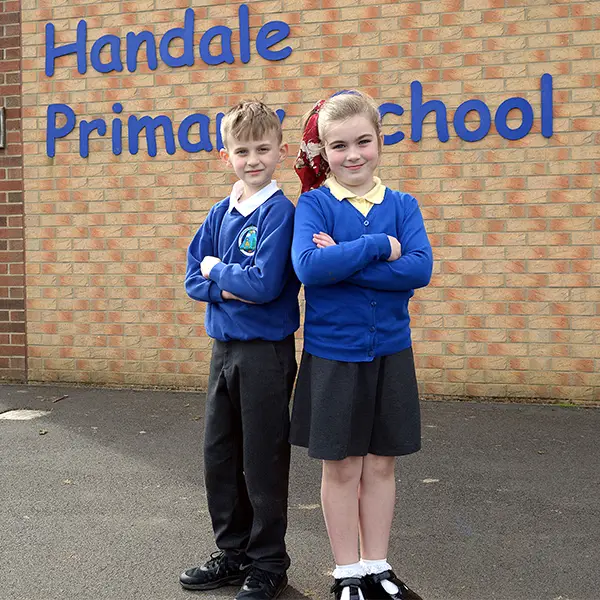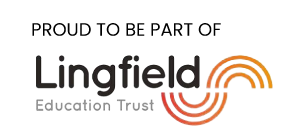At Handale, we aim to have a secure knowledge of pupils’ strengths, celebrating their achievements and identifying and addressing learning ‘gaps’. We ensure that professional judgements are made to ensure pupils meet their potential.
Assessment for learning involves using assessment in the classroom to raise pupils’ achievement. It is based on the idea that pupils will improve most if they understand the aim of their learning, where they are in relation to this aim and how they can achieve the aim (or close the gap in their knowledge).
Assessment is closely linked to teachers’ curriculum planning, since it is only by continually assessing what children have learnt and understood, that we can know what “next steps” should be planned.

To view our Assessment policy, please click here.
Effective assessment for learning happens all the time in the classroom. It involves:
- sharing learning goals with pupils,
- helping pupils know and recognise the standards and high expectations to aim for,
- providing verbal and written feedback that helps pupils to identify how to improve,
- believing that every pupil can improve in comparison with previous achievements,
- both the teacher and pupils reviewing and reflecting on pupils’ performance and progress,
- pupils learning self-assessment and peer-assessment techniques to discover areas they need to improve,
- teacher questioning to seek out a deepening understanding.
Assessment and Testing
Assessment and testing are not the same thing. Children’s learning is assessed in a variety of ways: by observing the children, by talking with them about their learning and designing assessment tasks/activities at the end of an area of learning to find out what children have learnt. Testing is used at the end of a unit or term and only forms part of our assessment. We do not want children to believe that they have to compete with one another, which could be very disheartening for children, rather the emphasis is aiming to be the very best version of yourself. This motivates children to achieve at their own pace.
Feedback
Feedback to pupils about their learning leads to new learning. Effective assessment drives new learning. Assessment is an essential part of the ethos in every classroom and a continual two-way process between adults and children. Planning and assessment work very closely alongside each other. At Handale ‘learning conversations’ take place throughout sessions between the teacher and pupils. Such conversations focus on the planned learning for the lesson and enable teachers to assess learning, give instant and constructive feedback and to scaffold / develop the next step with the child – immediate improvements can be made. Pupil self-evaluation becomes an essential component of this dialogue.
We believe that the more aware children are of the purpose of what they do, and the steps they need to take to achieve a target, the more responsibility they will begin to take for their own learning – this will then lead to them achieving success.
Self-Assessment:
Self-Assessment is an area which we are continuing to develop at Handale Primary School as we want all pupils to aim to be the very best that they can be and have the confidence to be proud of their own achievements.
- Actively involves pupils in their learning,
- Encourages children to critically reflect their own learning process and performance,
- There is little peer pressure when students evaluate themselves,
- Provides a window into pupils’ thinking,
- Makes planned learning/assessment criteria visible,
- Enables feedback to support current learning and feed into the next stage of the teaching and learning process,
- Enables feedback which helps pupils know how to improve.



